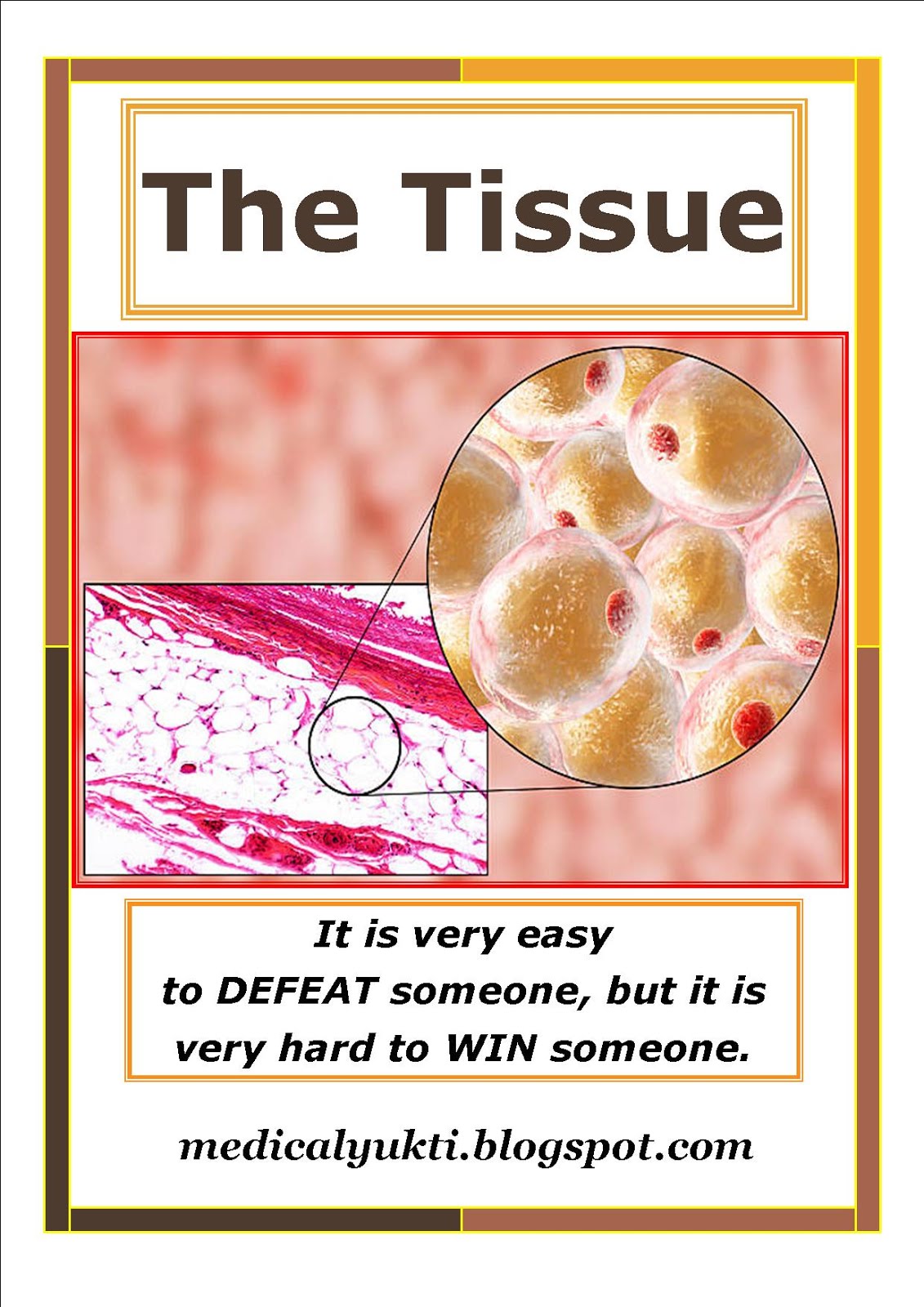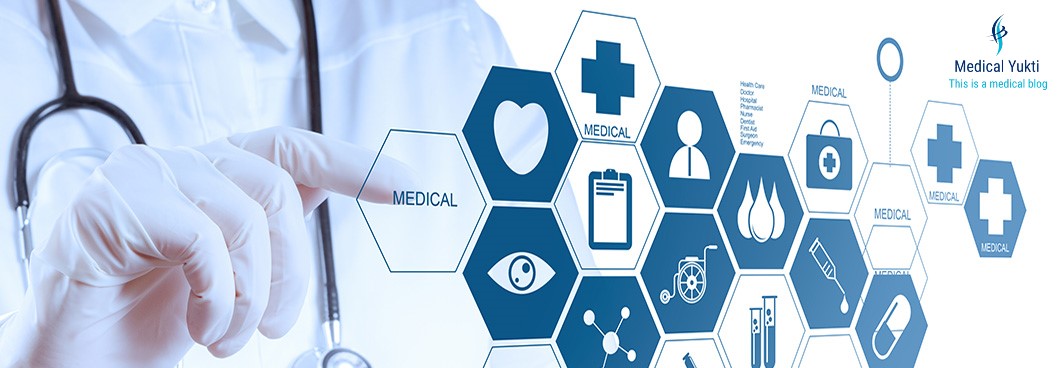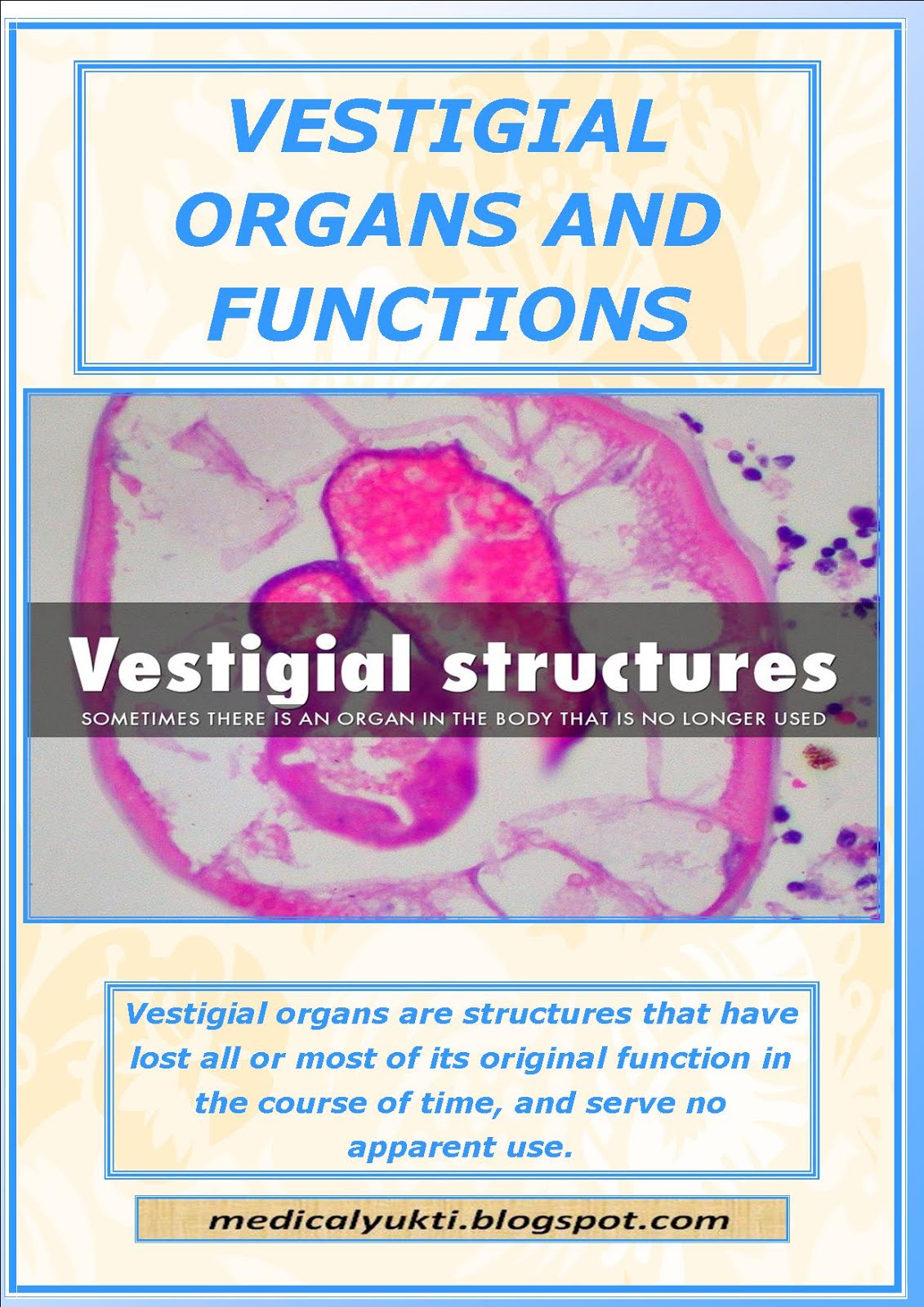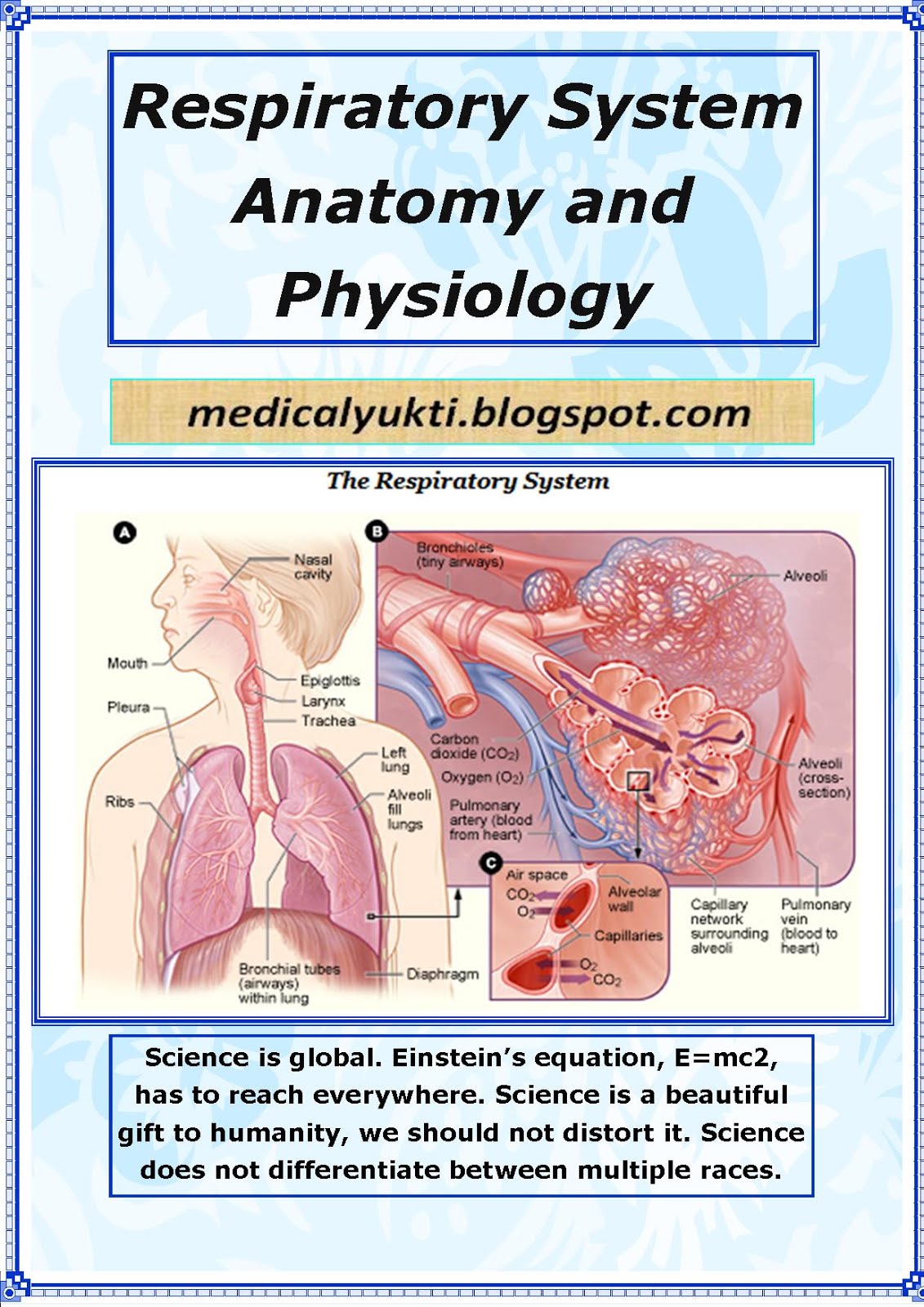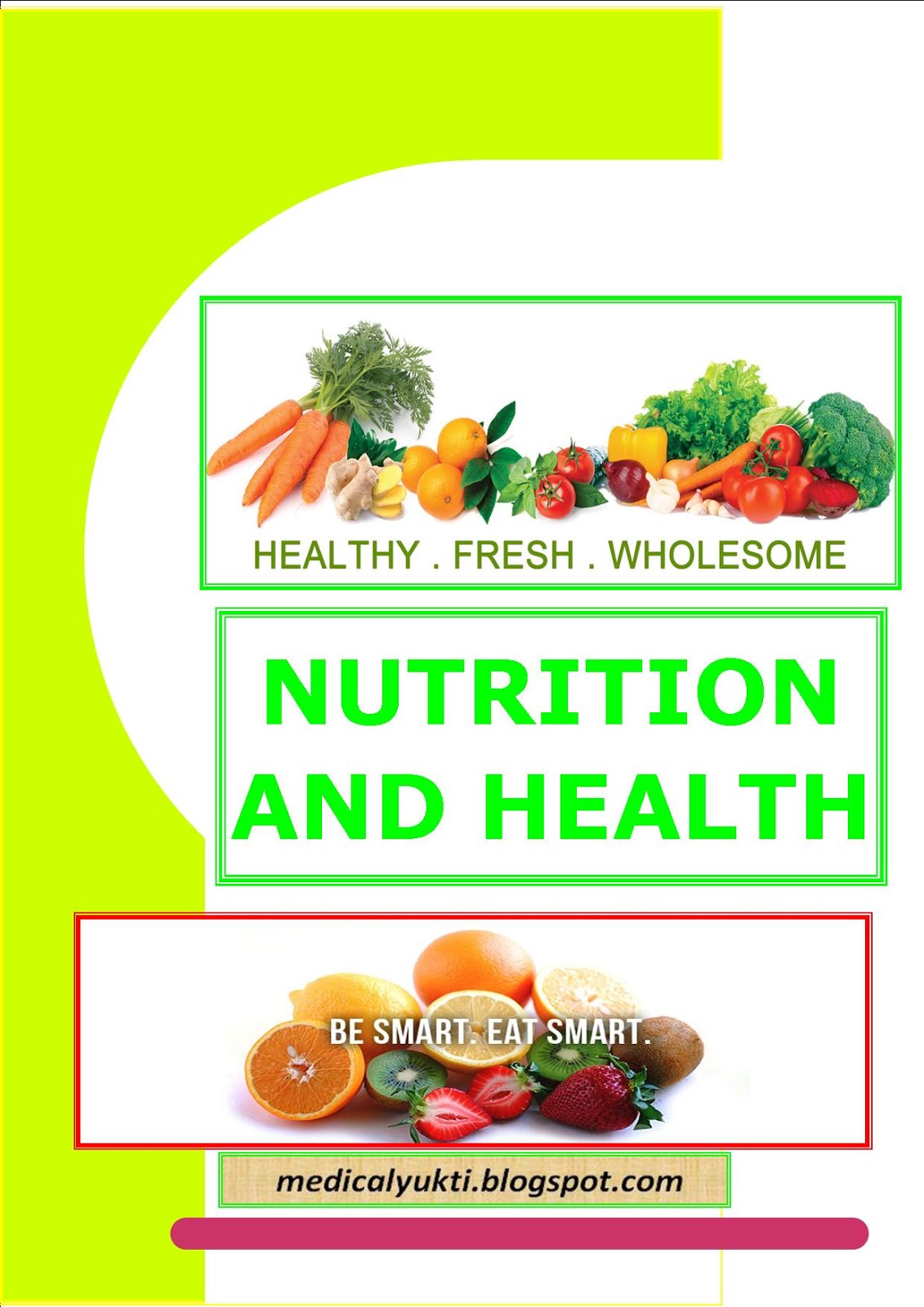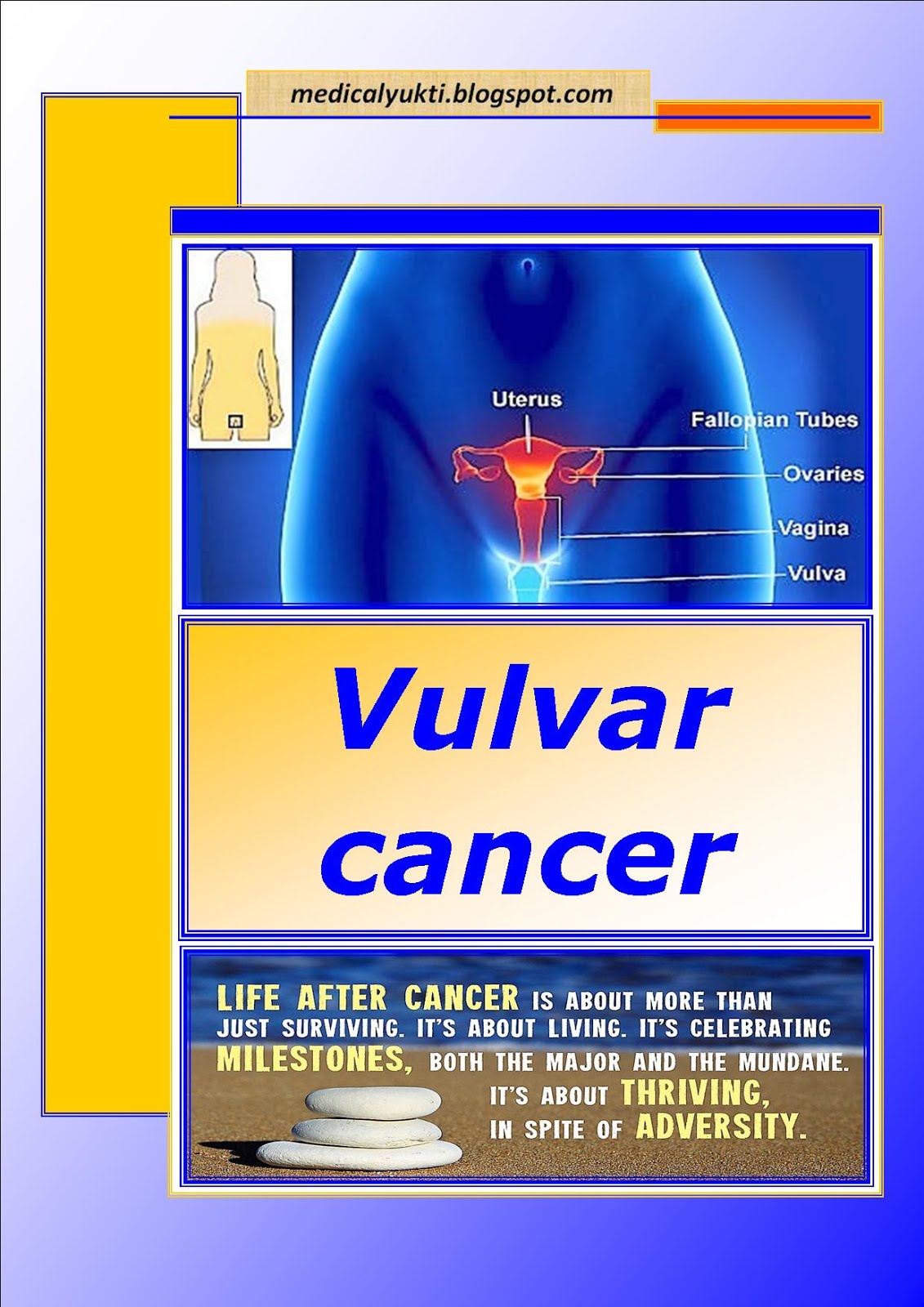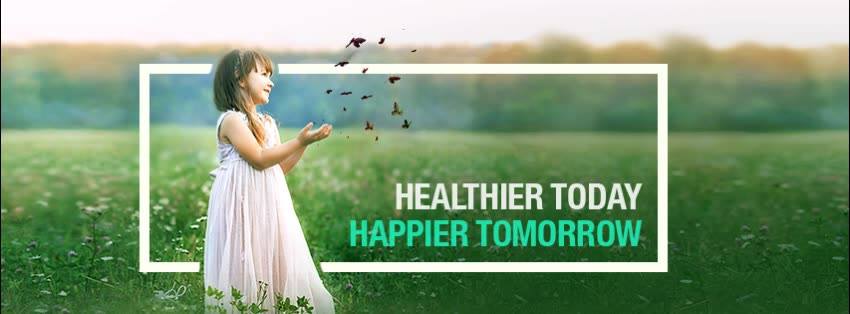Is It Safe To Breastfeed My Baby If I Have Coronavirus?
Here's what moms should know about nursing, breast milk and COVID-19.
The coronavirus outbreak has raised a lot of questions for concerned parents, including whether they can breastfeed their child if they have COVID-19.
The information we currently have about how this new virus spreads is still limited, so experts looked to a similar coronavirus — severe acute respiratory syndrome (SARS-CoV) — for clues.
The new coronavirus has not yet been detected in breast milk, according to the Centers For Disease Control and Prevention website, which adds: “However we do not know whether mothers with COVID-19 can transmit the virus” by breastfeeding.
Even if you’ve tested positive for the virus or suspect you have it, experts say it’s likely safe to continue nursing your child — as long as you take the proper precautions and feel physically well enough to do so.
“It is highly likely that the infant has already been exposed to the virus by the time the diagnosis is made in the mother,” Dr. Robert M. Lawrence, a clinical professor of pediatrics at The University of Florida who’s on the Academy of Breastfeeding Medicine’s board of directors, told HuffPost. “No reason to stop.”
In fact, breast milk has properties that help strengthen the baby’s immune function.
“Breast milk will continue to provide optimal nutrition and a variety of immunologic factors — not just antibodies, as it may be early for them to have formed against COVID-19 — which could be beneficial to the infant at the time of exposure and early on in infection,” Lawrence said.

COMPASSIONATE EYE FOUNDATION/DAVID OXBERRY VIA GETTY IMAGES“It is highly likely that the infant has already been exposed to the virus by the time the diagnosis is made in the mother,” Dr. Robert Lawrence told HuffPost.
COVID-19 is thought to be transmitted mainly through respiratory droplets emitted when an infected person coughs or sneezes. So mothers should take measures to protect their child from the virus. That includes washing their hands thoroughly before touching the baby, wearing a protective mask while nursing to shield the baby from any droplets and enlisting the help of a healthy adult to assist with other child care duties, if possible, to minimize the infant’s exposure. (You should also limit contact with anyone you live with for 14 days by staying in a separate room, keeping at least six feet from others and not sharing household items like utensils, towels and bedding.)
Another option for nursing mothers is to use a breast pump to express milk and have a person who is not sick bottle-feed the baby. But again, it’s important to make sure all equipment is properly cleaned after each use, as the virus can live on surfaces anywhere from a few hours to a few days.
For parents feeding their babies with donor breast milk, it’s safe to continue doing so during the outbreak, Lawrence said, as the milk bank should already be doing additional health screenings before donation.
“They should be handling containers shipped in from mothers to inactivate any virus that conceivably could be on the surface of donor milk containers,” Lawrence said. “Pasteurization of the milk — which they do for all donated milk — will inactivate any virus which conceivably could have contaminated the donated milk.”
If you have any concerns, talk to your health care provider to determine the best course of action for you and your family.








